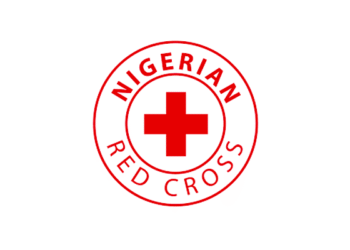
In a significant move to ease the healthcare burden on vulnerable communities, the Stanley Iye Lawson (SIL) Foundation has donated critical dialysis equipment and medical supplies to Gbagada General Hospital, Lagos.
The initiative, spearheaded by CEO Ubile Charity Lawson, is part of the foundation’s mission to provide life-saving dialysis treatment to low-income patients—at minimal or no cost.
“Our goal is to ensure these machines serve those in dire need. We hope treatments can be offered for free or at significantly reduced rates, especially for patients who cannot bear the financial strain,” said Lawson during the official handover.
The donation included a dialysis machine, consumables, and spare parts to support continued operation and reduce long-term costs. Lawson acknowledged existing challenges such as electricity and staffing, but emphasized that donated consumables would help minimize overheads and sustain treatment availability.
Bridging the Gap in Kidney Care
Dialysis remains a critical—and expensive—treatment for Nigerians living with kidney failure. With sessions often costing tens of thousands of naira and public hospitals overwhelmed, access remains a major challenge for the poor.
By focusing on public hospitals, the SIL Foundation is working to close the accessibility gap and deliver hope to thousands of Nigerians who rely on subsidized care.
“Dialysis is not a luxury—it’s a necessity. Our goal is to make it accessible to those who need it most,” Lawson added.
Nationwide Impact
The Gbagada General Hospital donation is the first phase of a broader nationwide rollout. The foundation has also delivered dialysis machines to:
-
Lagos State University Teaching Hospital (LASUTH)
-
A healthcare facility in Port Harcourt
-
Two hospitals in Abuja
In total, five dialysis machines will be deployed across Nigeria, with one unit retained by the foundation for emergency use or future deployment.
This generous effort highlights the growing role of private foundations and NGOs in supporting Nigeria’s fragile healthcare system—especially in critical areas like renal care.
As this outreach grows, many hope it will inspire more public-private partnerships aimed at saving lives and improving healthcare equity across the country.

![Viral House Party Video Sparks Conversation on Changing Social Norms Among Nigerian Mothers [Watch Video]](https://kumornews.com/wp-content/uploads/2026/02/Viral-House-Party-Video-Sparks-Conversation-on-Changing-Social-Norms-Among-Nigerian-Mothers-Watch-Video-1-360x180.jpg)

















